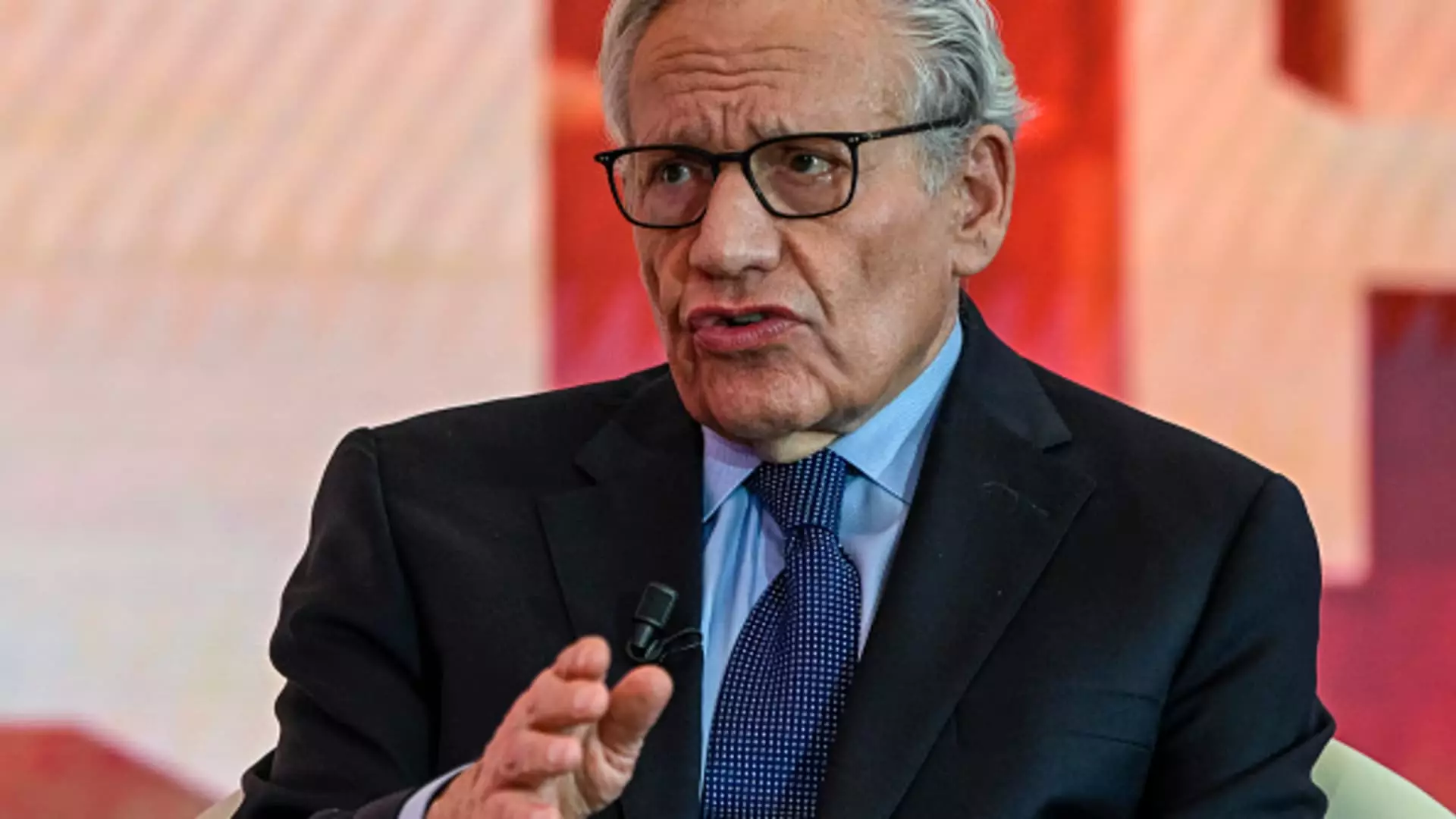In recent legal proceedings, the lawsuit filed by former President Donald Trump against journalist Bob Woodward has highlighted a disturbing tendency among those in power to wield the judicial system as a shield rather than a sword. Trump’s nearly $50 million claim over the publication of interviews from his 2020 best-seller underscores an unsettling pursuit of control over public discourse and information. Rather than defending his reputation through transparency, this excessive legal action appears more like an attempt to suppress inconvenient truths and intimidate journalists—an assault on the very foundations of free press and accountability that underpin a healthy democracy.
The court’s denial of Trump’s claims exposes the overreach inherent in many attempts by powerful figures to enforce rigid ownership over the narratives created by investigative journalism. By dismissing the case, U.S. District Judge Paul Gardephe effectively acknowledged that the protections of copyright law do not serve to obscure reality or shield political figures from the dissemination of their own words, especially when those words are obtained through legitimate journalistic inquiry. This decision reminds us that in a democratic society, the press must be free to scrutinize and disseminate information without the specter of frivolous litigation or financial intimidation—principles that are under constant threat when political power is weaponized.
The Myth of Ownership and the Public’s Right to Truth
Trump’s legal attempt to claim a copyright interest in the interviews shows a fundamental misunderstanding (or deliberate distortion) of how journalism and public interest intersect. The argument that he or any president owns the responses and statements made during official interviews attempts to blur the lines between personal rhetoric and public record. Not only is this legally questionable, but it also strikes at the core of what accountability means in a democracy: the notion that a president’s words, especially when captured in journalistic undertakings, belong to the public rather than the occupying officeholder.
The court’s ruling emphasizes that Woodward’s role was that of a journalist—an interpreter and recorder of truth—rather than a co-author attempting to craft a political narrative. This distinction is vital in maintaining a free press that functions as a check on arbitrary power. If leaders could continually claim ownership over their words, it would create a chilling effect that limits investigative reporting and the vital public debate necessary for accountability. The idea that federal copyright law preempts Trump’s claims reinforces the principle that truth and transparency are more valuable than any claim of proprietary ownership over political statements.
Power Politics and the Misuse of Law as a Weapon
This legal case exemplifies how mighty individuals often attempt to wield litigation as a form of ideological warfare. Trump’s legal team framing the case as a biased and unjust attack echoes familiar narratives about political persecution, which serve to weaken public faith in the judiciary’s impartiality. Meanwhile, the lawsuit’s immense financial demand—almost fifty million dollars—appears more like a calculated effort to intimidate and distract rather than seek genuine legal redress.
Furthermore, the case embodies a broader issue of accountability, or lack thereof, for those wielding political influence. Instead of embracing the transparency that journalism provides, Trump’s attempted censorship shifts focus from the content of his words to the cost and legal risks of public accountability. It underscores a troubling dynamic where the powerful seek to regulate not only their policies but also the narrative surrounding their actions, all under the guise of legal rights. At its core, this reveals how the veneer of legal authority can be exploited to serve personal and political interests, thereby undermining the very principles that uphold a balanced democracy.
The Battle for the Soul of Democratic Discourse
This case illuminates an ideological battle: the tension between accountability and authoritarian tendencies. A free press acts as a bulwark against tyranny by ensuring individuals in power remain answerable to the public. When legal actions like Trump’s lawsuit threaten to silence journalists or intimidate sources, they threaten the democratic order itself. Democracy thrives on the open exchange of ideas, truth, and accountability—none of which can flourish when legal institutions are weaponized to protect political figures from scrutiny.
The ruling in favor of Woodward signifies a reinforcement of journalistic independence, asserting that truth-telling through rigorous reporting must not be compromised by legal theatrics. It signifies an important, though often overlooked, victory for the core values that sustain democratic governance and press freedom. Ultimately, it’s a stark reminder that in a just society, transparency must prevail over the illusion of control—no matter how powerful the individual wielding it. Power should serve the public good, not serve as a shield for those who wish to manipulate the narrative at the expense of democratic integrity.

